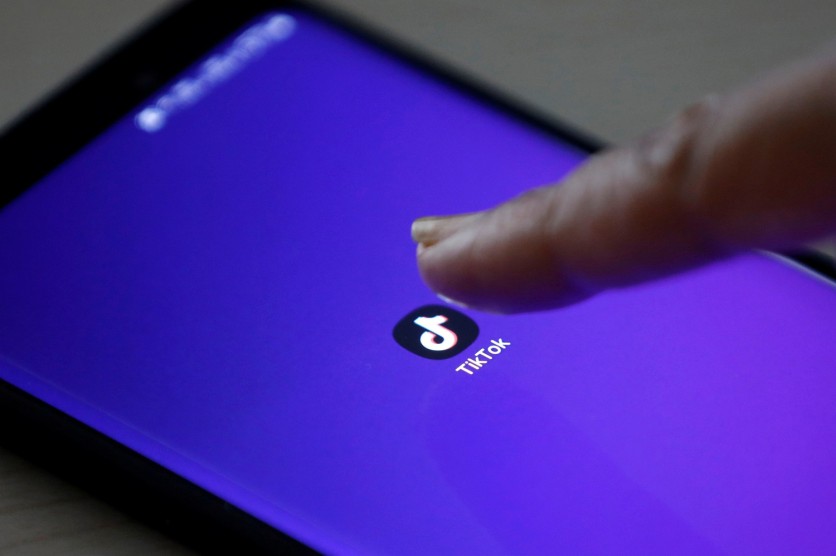
Popular app Tiktok now bans private messaging for under 16 years old. This means they can no longer send or receive direct messages from the app starting Apr. 30.
Tiktok is the first major social media platform to block private messaging between teenagers worldwide. The limit is based on the date of birth that users input on the account, although there is no verification is done as the system is based on trust.
However, critics are anxious about restraining because it will not stop children from lying about their age. Last year, a survey from the United Kingdom regulator Ofcom suggested 13% of teenagers between 12 and 15-years-old use the app.
READ ALSO : Australia to Use Singapore's Contact Tracing App as New Zealand Opens Up Its Aussie Borders
TikTok is a video-sharing social networking service used to create short clips, including dance, lip-sync, comedy, and talent videos. Its age rating on App Store is 12+.
Last year, Tiktok was included on the most downloaded apps list. It is the newest app on the list as it was launched only in 2017 for iOS and Android in markets outside of China.
Tiktok grossed $177 million in 2019, which is five times higher than its 2018 revenues. It was the second most downloaded app for 2019, next to WhatsApp. Meanwhile, Tiktok's creator ByteDance, a Beijing-based company, was named the "most valuable private company," earning a total of $75 billion last year.
Changes on TikTok
Tiktok users normally can send direct messages to others if both parties follow each other.
While the change completely prevents users aged below 16 from communicating privately on the platform, it does not stop them from posting on comment sections of the videos.
Affected users will soon receive a notification on the app and will lose access to direct messages by the end of the month.
Social-media consultant Matt Navarra says the restriction is a bold move as it will impact a large number of their core demographic. "The interesting thing here is that TikTok's biggest group of users are teenagers," said Navarra.
NSPCC child safety online policy head Andy Burrows applauded the app for making such a move.
"We know that groomers use direct messaging to cast the net widely and contact large numbers of children... Offenders are taking advantage of the current climate to target children," said Burrows.
He added teenagers now are spending more time online, and proactive measures like this can make sites safer and hinder groomers from exploiting. Burrows called on the need for tech firms to identify users who are children and give them the "safest accounts by default."
John Carr, secretary of British Children's Charities' Coalition on Internet Safety, raised the same concerns. "It's good that TikTok is showing an awareness of these issues," says Carr, who also hopes the app creators will have effective means to check children's ages.
There are pieces of evidence that show there are huge numbers of under-age children accessing the site. Carr referred to research on Facebook when it was the dominant app amongst children.
The study shows that in some countries, about 80% of children aged over eight had a Facebook account. In the U.K., the proportion was about two-thirds.
In 2018, Facebook also limited access to WhatsApp for people aged above 16 to adhere to its General Data Protection Regulation. The restriction applies across European Union nations.

![Apple Watch Series 10 [GPS 42mm]](https://d.techtimes.com/en/full/453899/apple-watch-series-10-gps-42mm.jpg?w=184&h=103&f=9fb3c2ea2db928c663d1d2eadbcb3e52)


